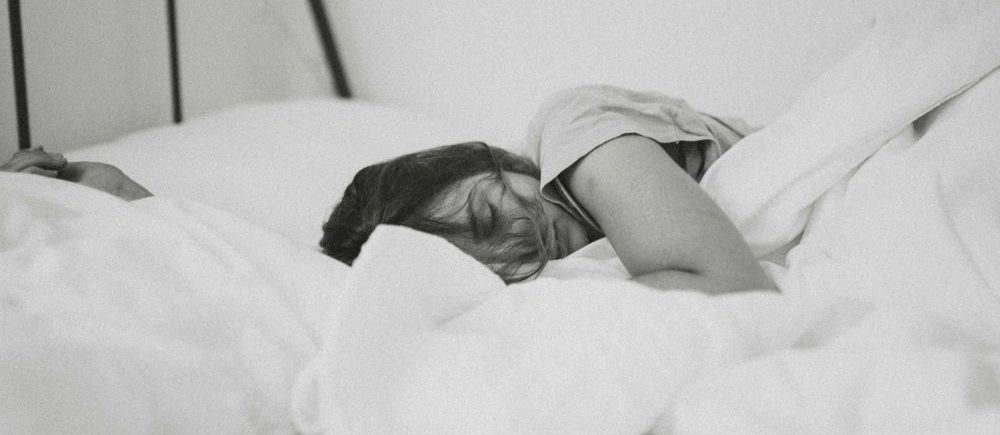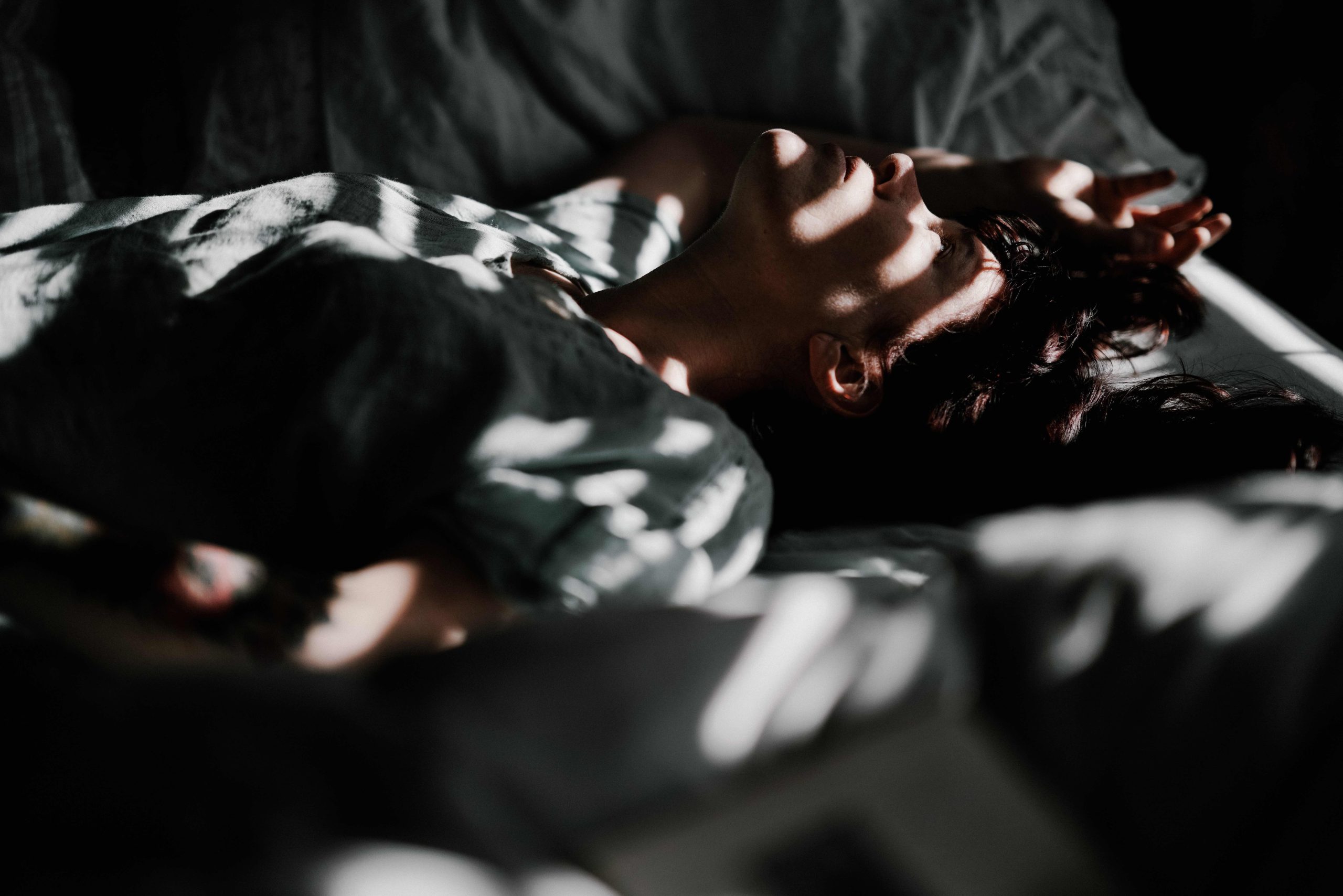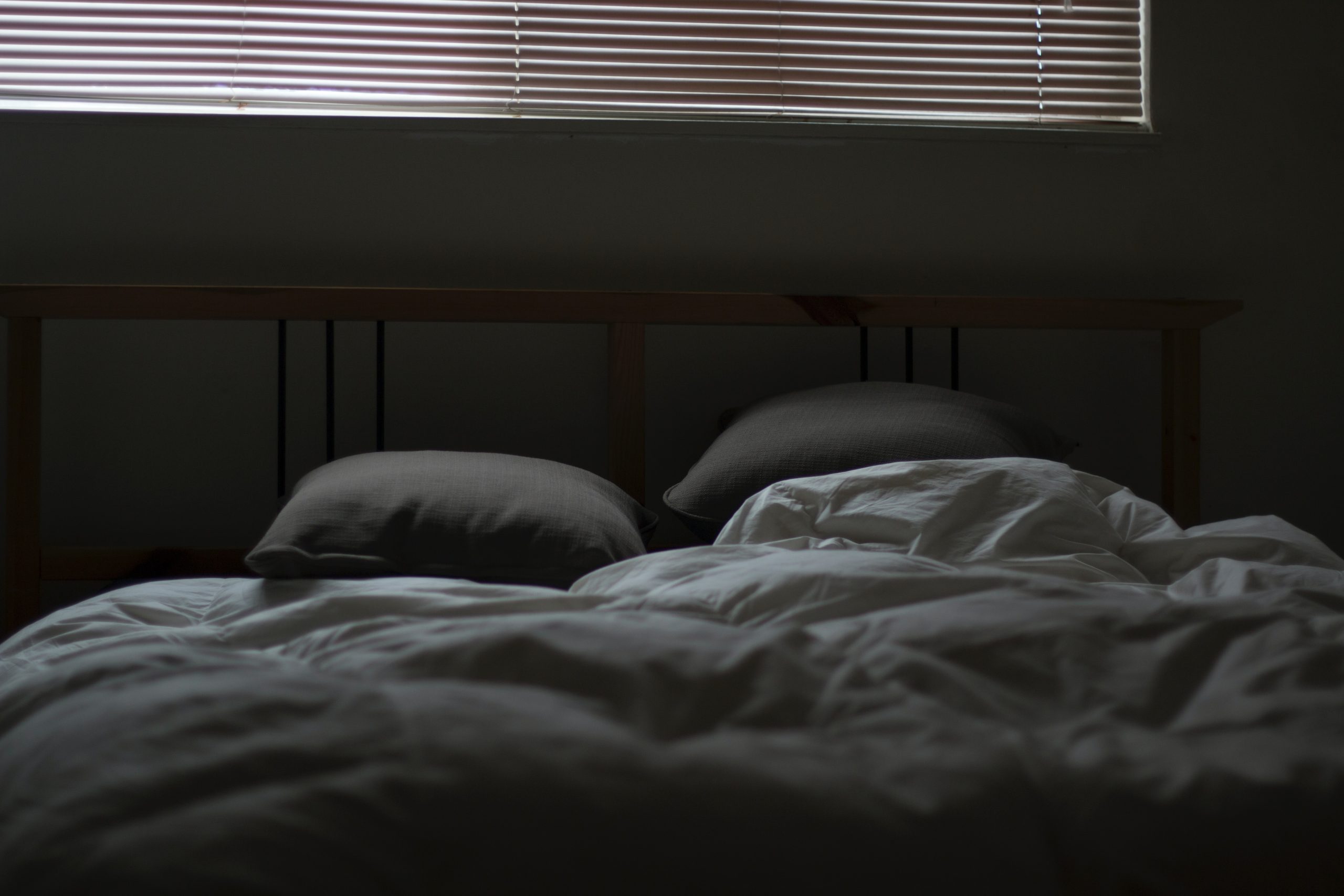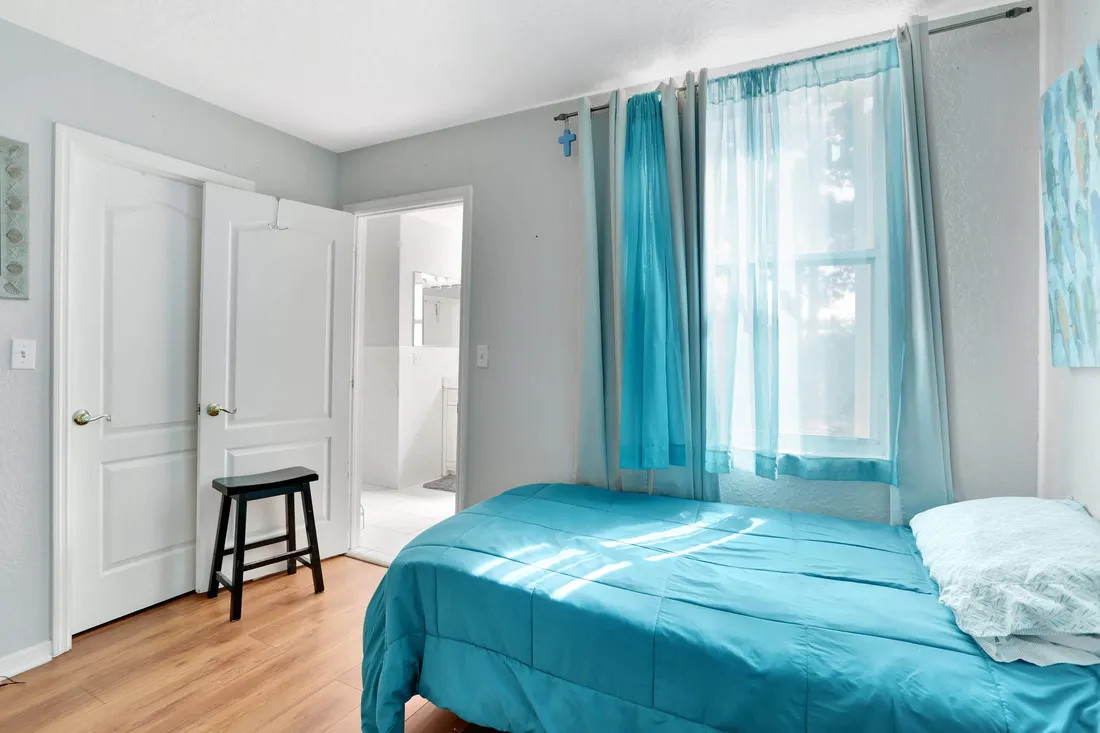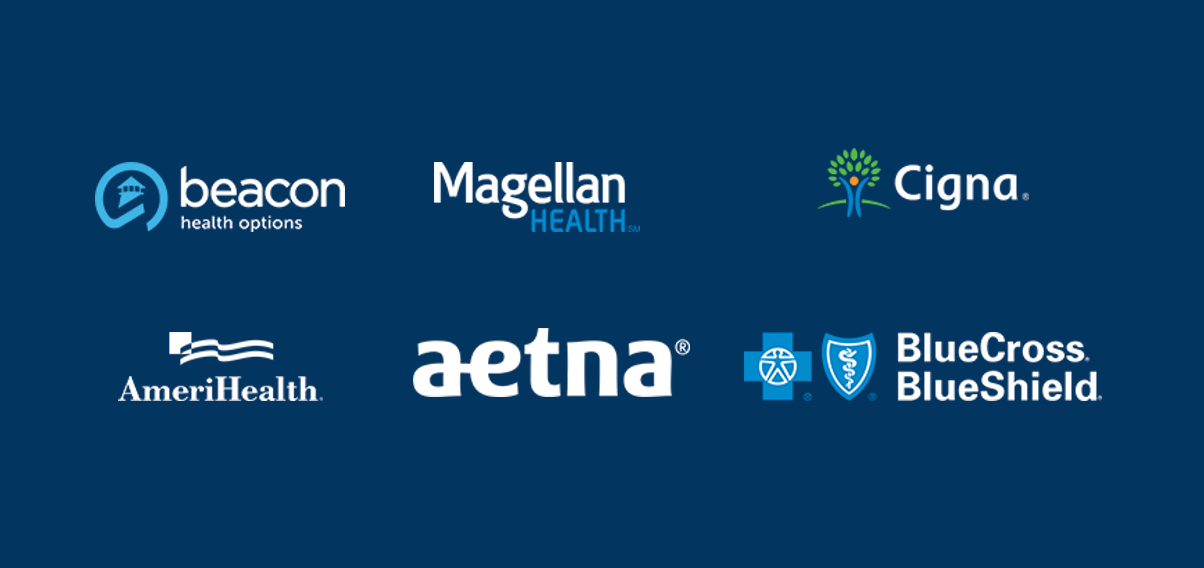Sleep Disorder Testing and Free Assessment
At the Sylvia Brafman Mental Health Center, we conduct thorough sleep disorder assessments using evidence-based evaluations and interviews. Our expert-level team comprehensively understands sleep disorder symptoms and their impact on daily functioning, and we can deliver a concise, detailed sleep disorder diagnosis and treatment plan tailored to your precise needs.
Embark on a journey to unravel the intricacies of your sleep concerns and tailor a treatment plan just for you. Reach out for your free assessment at 877-958-9212. With a commitment to providing thorough and compassionate care, our detailed evaluations form the bedrock for shaping a precise and effective strategy to understand and address your sleep issues.
What is the Sleep Disorder Therapy Program Admissions Process?
A sleep disorder therapy program’s admissions process is thoughtfully designed to ensure individuals with sleep disorders, mental health, and/or substance use concerns receive comprehensive care and support during their program participation. Although the specific steps may vary among treatment centers, here is a general overview:
Admissions Process
- Initial Contact: You or a loved one make initial contact via phone, email, or the center’s website.
- Assessment and Evaluation: A thorough assessment and evaluation process is conducted to understand your specific sleep disorder challenges, mental health, and any co-occurring disorders. This stage helps in formulating a personalized treatment approach.
- Insurance Verification and Coverage: The center verifies insurance coverage to ensure clarity on financial aspects and to identify the extent of coverage for the proposed treatment.
- Treatment Plan Development: A tailored treatment plan is collaboratively developed. This plan outlines the sleep disturbance interventions and strategies that will be employed to address the sleep disorder and associated concerns.
- Admissions Coordination: The admissions team coordinates the necessary paperwork, logistics, and scheduling to facilitate a smooth entry into the program.
- Orientation and Program Introduction: Upon admission, you’ll undergo an orientation to familiarize yourself with the program structure, expectations, and available resources, ensuring a comfortable transition into the therapeutic environment.
- Active Participation in Treatment: You’ll engage actively in the prescribed treatment modalities, which may include therapy sessions, educational programs, and other activities designed to address sleep disorders and related challenges.
- Progress Monitoring and Adjustments: Ongoing progress monitoring allows for adjustments to the treatment plan as needed. Regular assessments ensure that your evolving needs are met effectively throughout the program.
How Much is Treatment for Sleep Disorders in Florida?
The expense of sleeping disorder treatment in Florida shows considerable variation based on factors such as the specific services provided. According to a drugs.com survey, annual medication costs fluctuated from $120 to $3,000, depending on the quantity and type of medication. Additionally, individual CBT-I sessions are between $750 and $2,500, with the cost influenced by the duration of treatment.15
If you’re seeking treatment for sleep disorders but face financial limitations, treatment centers may provide financial aid or structured payment options to enhance accessibility. Before beginning treatment, it’s essential to understand the cost and payment process. Contact us for a detailed estimate of your sleep disorder treatment expenses.16
